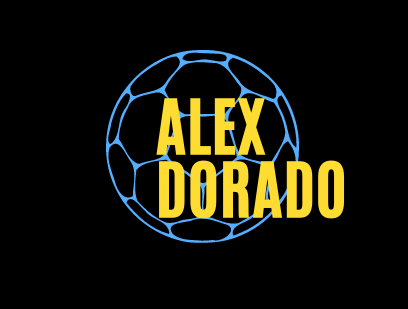
A State of Mind
A couple of days ago, I was watching the match between Real Sociedad and Celta. At the end, I stayed to listen to the post-game comments from coaches and players of both teams. When it was Real Sociedad’s captain Elustondo’s turn to speak, he reflected on the moment a team like Celta de Vigo is going through:
“…We already know where Celta was in the table, and it’s partly a matter of confidence. When things are going well, even the only chance you get ends up in the net…”
Some time ago, we talked about Valdano’s concept of “states of mind” and how a match that’s completely dominated—on paper—can still turn into a loss.
I wasn’t planning to write about Celta here. And if I may say so, they’re having an excellent season with a squad full of homegrown players. But Elustondo’s words give me the perfect introduction to something I’ve been noticing for a few matches now, in a different club, in a different league.
I’d like to talk about Arsenal and their success in set pieces.
Nicolás Jover has reshaped and set the standard for how to approach set plays in today’s game. In the Premier League, Arsenal is the team that scores the most and concedes the least from these situations. That’s an undeniable fact. But over the past month, I’ve started to feel that this effectiveness is dropping. Since the loss to PSG, Arsenal hasn’t looked as sharp on set pieces. That’s normal, but the sense of danger they used to create almost automatically seems to have faded now that the doubts of big competitions are creeping in.
In recent games, the delivery is no longer precise, the timing of the runs is off, the defender gets to the ball before the attacker…
And it makes me wonder: Is set-piece success also a state of mind? Does a team get better at set pieces as their form improves? Or, on the contrary, do set pieces make the team a champion?
Not to take anything away from Nicolás Jover, I believe teams do raise their level with a good set-piece coach. But as we said at the start, the team’s overall momentum affects this success just as much. I think Arsenal’s effectiveness depends more on how they are doing as a unit and on the daily work of Arteta and his staff than on the French coach’s ideas alone.
Defending: to recover or to protect
There are behaviors that repeat themselves—and lose you games.
Last week, we talked about how we should educate defenders in their responsibilities: when and how they should understand the difference between recovering the ball and protecting the goal.
Starting from that idea, let’s look at one of the week’s big matches that I haven’t commented on yet: FC Barcelona’s elimination from the Champions League.
A result doesn’t depend on any one individual—certainly not on a single player’s mistake. A result depends on a group of people—or better yet, on two groups: the coaches and players of both teams. Sometimes we highlight one isolated error to explain a loss, and that’s unfair. But in this case, I want to mention it precisely because of what we’ve been discussing.
Knowing when and how a player should try to win the ball is crucial to avoiding what happened to Araujo. As coaches, we have to work on these situations in the mini-matches that happen every day in training. We have to be more intentional in those moments and not allow them to become misunderstood “free time.” It needs to be freedom of action—yes—but always aligned with what we, as a team, are trying to do.
⚽ Want more real reflections on football beyond the numbers?
📲 Follow us on Instagram @alexdoradoteam for deeper coaching insights, tactical nuances, and the mindset behind performance.
📚 Explore more articles and rethink what truly defines a team’s rhythm, responsibility, and response in key moments.
